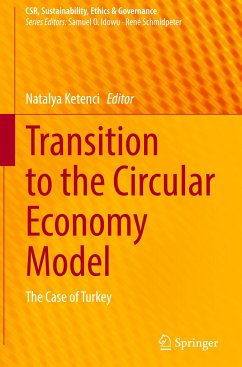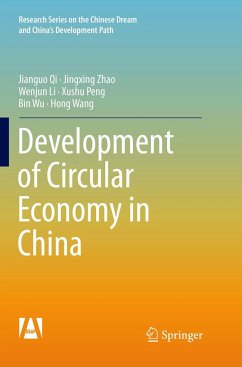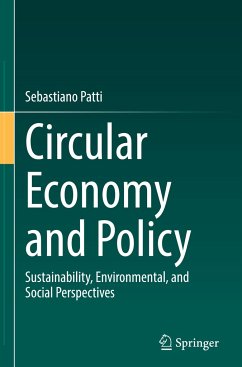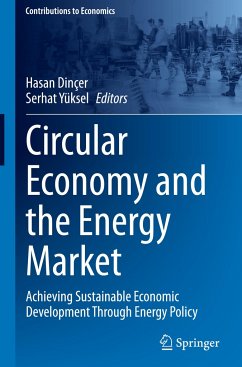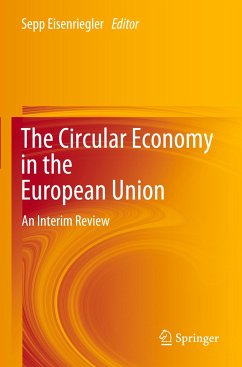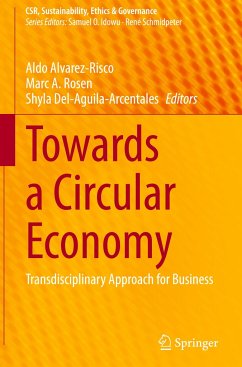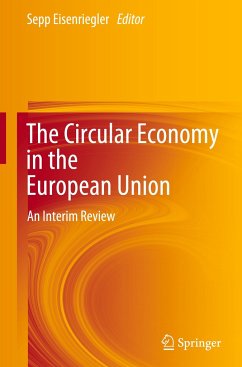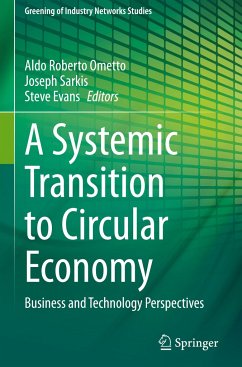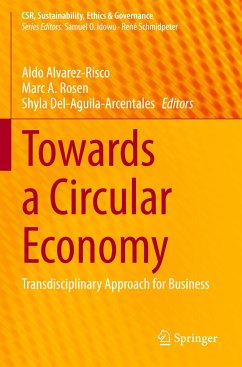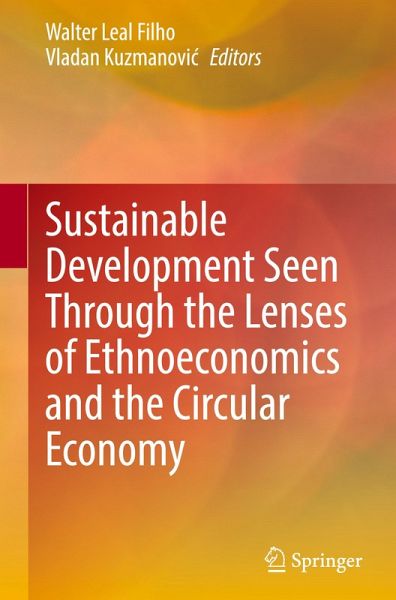
Sustainable Development Seen Through the Lenses of Ethnoeconomics and the Circular Economy

PAYBACK Punkte
65 °P sammeln!
This book introduces ethnoeconomics, explaining how cultural, social, and historical factors influence economic behavior and decision-making. The book also delves into the principles of the circular economy, emphasizing the importance of designing out waste, keeping products and materials in use, and regenerating natural systems. It explores how these principles can contribute to sustainable economic growth and resilience. The book also explores how insights from ethnoeconomics can inform and enhance the implementation of circular economy principles, with case studies and theoretical framework...
This book introduces ethnoeconomics, explaining how cultural, social, and historical factors influence economic behavior and decision-making. The book also delves into the principles of the circular economy, emphasizing the importance of designing out waste, keeping products and materials in use, and regenerating natural systems. It explores how these principles can contribute to sustainable economic growth and resilience. The book also explores how insights from ethnoeconomics can inform and enhance the implementation of circular economy principles, with case studies and theoretical frameworks that showcase the benefits of this integration for sustainable development.






